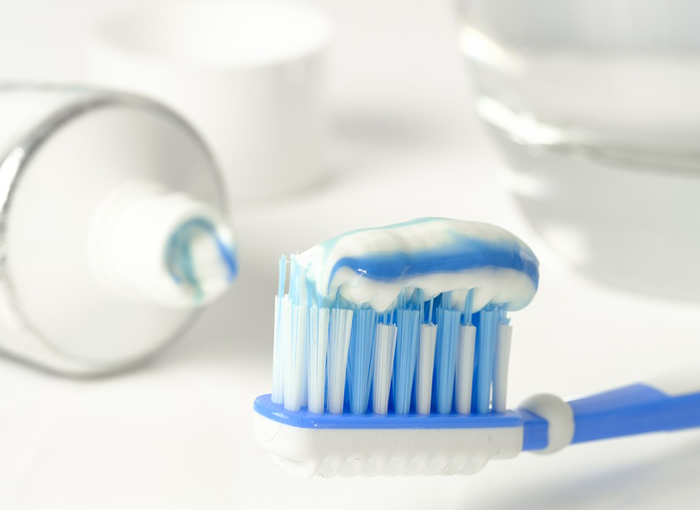Blog
Dental hygiene tips for healthy teeth & gums

Is your child getting enough fluoride?
Fluoride is the best way to prevent the development of cavities in your child. This mineral works like magic in fighting against harmful bacteria in the mouth, which may lead to the formation of plaque. Tooth decay or cavities can be painful and troublesome, especially for children. To save your child from this ordeal, make sure that they are getting an adequate amount of fluoride. It is a mineral with excellent benefits to you and your child’s health. Commonly found in soil, water and many food items, it is also incorporated in toothpaste, mouthwashes, etc.
Monitoring the amount of fluoride your child gets can go a long way in ensuring good dental health. Its main job is to provide strength to the enamel, which in turn prevents the development of cavities in teeth. It additionally reverses any damage that has already happened to your child’s teeth.
Sources of fluoride:
Fluoride is derived naturally from water, air and soil. It can also be found in certain food items. Consuming water added with fluoride can prevent and reverse many signs of tooth decay in both children and adults. Children can get adequate fluoride just from using the right toothpaste and mouthwash. Supplements of fluoride are also prescribed by healthcare professionals in case of its deficiency.
How to know that your child is getting enough fluoride:
The only way to know that your child is getting enough fluoride is to regulate the amount. Too much fluoride is just as harmful as too little.
Many countries add fluoride to their drinking water. This prevents the development of cavities or tooth decay in young children. Pick fluoride-containing toothpaste for your child. Make sure that they do not swallow it, as this can prompt difficulties in their oral health and wellbeing.
If your child consumes fluoride-free bottled water, they might be at risk of tooth decay. It has been observed that young children who drink bottled water develop more cavities than those who drink water containing fluoride.
Excess of fluoride can lead to a condition known as dental fluorosis in young children. Using high doses of fluoride when the teeth are still forming inside the gum can lead to their discoloration. This can be seen as several white spots on the teeth. To prevent this, ensure that the children do not swallow the toothpaste and only use minute quantities while brushing.
Fluoride is extremely vital in maintaining good dental health. To keep track of whether your child is getting enough fluoride through their toothpaste, visit a dentist. They can make sure that no cavities are developing and the enamel of your child’s teeth is healthy and intact.
Book Appointment to find out which treatment might be best for you.


